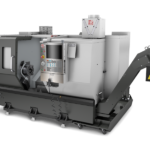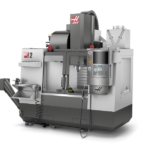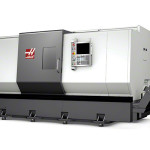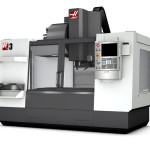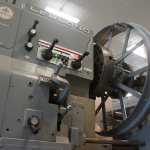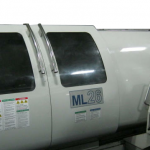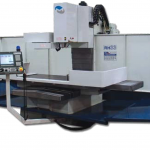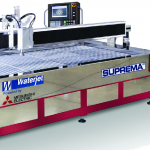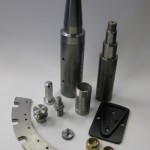 Custom & Production Machining
Custom & Production Machining
Faith utilizes both CNC machining centers and manual machines to manufacture parts per customer or internally generated drawings. Custom and short to medium length production runs are machined on our array of lathes, mills and grinders. Our welding and fabrication work stations along with press brakes and shears provide a wide variety of capabilities to manufacture simple to complex parts. The parts are made from various materials such as various grades of steel, tool steels, stainless steels, aluminum and plastics, which are either provided by the customer or purchased by Faith.
Precision calibrated gauges, inspection equipment and frequent part sampling ensures you get the right fit, the first time.
Our capable machinists have a great deal of experience using a range of;
- carbon steels and alloy grades such as 1018, 1045, 1144, 12L14, 1215, 4140, 5150 & 8620
- polymers such as UHMW, nylon & acetal/Delron
- stainless steel alloy grades such as 304, 316, 17-4 PH & 420
- tool steel grades such as A2, D2, O1 & S7
- non-ferrous alloys such as Aluminum grades of 2024, 5052, 6061 & 7075, Brass grades of 360 & 464, and Bronze grades of 660 & 841
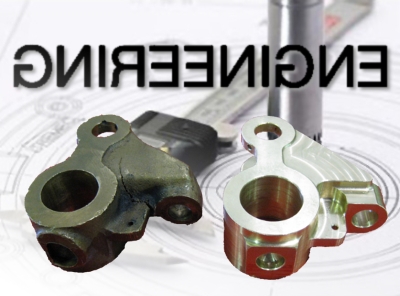 Reverse Engineering & Repair
Reverse Engineering & Repair
Faith has the knowledge and capabilities to repair your damaged or broken machine components, reducing your downtime. By measuring and inspecting broken and worn out parts, drawings are generated which can be used to recreate identical replacement parts. Depending on the repair work needs, some portions may be welded and machined to recreate the original part features. A great example of restoring a part to its original functionality is the welding and machining of material on a shaft that was damaged by wear from a failed bearing or seal.
About Machine Shops
Our Machine Shop is a set of buildings with multiple machine tools/work centers, various other equipment and skilled labour to manufacture and/or repair parts. The production can consist of cutting, shaping, drilling, finishing, etc. We also function as a Job Shop by handling job production as a custom/bespoke or semi-custom/bespoke manufacturing process. Some manufactured parts are manually machined while others are more automated. Automation starts with computer numerical control (CNC) machines and leads to computer-integrated manufacturing where production and production design are integrated into CAD/CAM. [1] [2]


